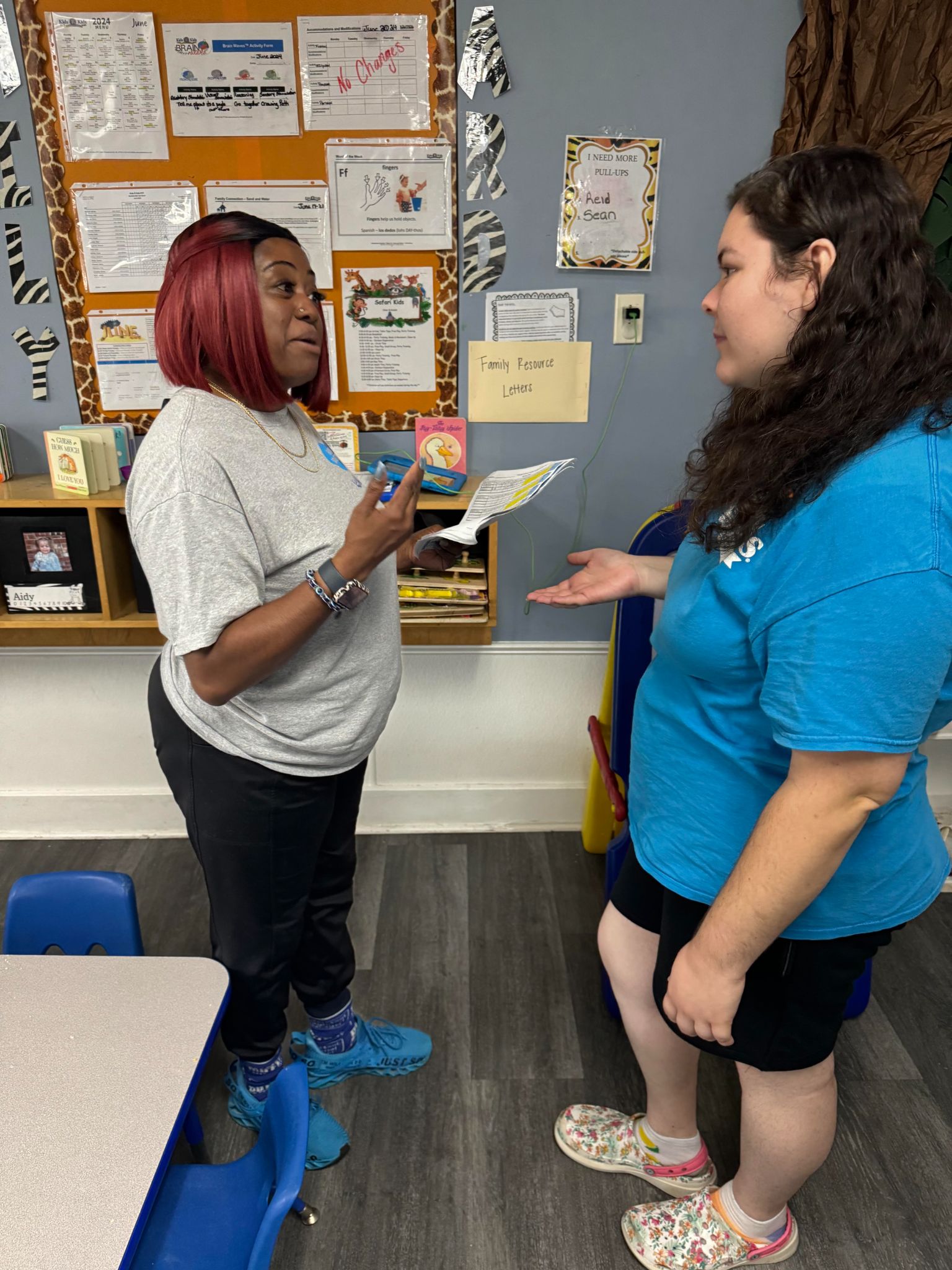The Importance of a Mentor
October 4, 2024

Many of us may have someone we trust, personally or professionally, who supports us as we make and fulfill our goals. In most cases, it is someone older who may have already traveled along the path we are planning to take – a family member, teacher, religious leader, or co-worker. We look for their listening ear, reflections, and guidance. If you don’t already know, that person is a mentor to you.
Within the framework of the apprenticeship program, mentors engage apprentices in both academic and professional growth and success. Though not new at all, apprenticeship has become an important part of career success in a variety of industries including manufacturing, construction (including plumbing and electrical), healthcare, technology (cybersecurity and information technology), and education. For most apprentices, they are achieving their academic goals (earning a degree) while getting hands-on experiences with a skilled mentor and earning pay raises as they excel in both. There is a great deal of research on the benefits of apprenticeship for the apprentices, but little on the benefits to the mentors.
In most apprenticeship programs, benefits for mentors include a stipend for the extra time they spend working with, and in the interest of, the apprentices. Mentors spend time meeting, observing, and coaching apprentices and they are required to complete documentation of the apprentice experiences and competencies.
In Early Childhood, mentors are important to the recruitment and retention of new educators as they help provide support in the first years of a new teacher’s classroom experience. Mentors find fulfillment in sharing their experience and knowledge with someone who wants to grow in something the mentors themselves are passionate about.
Mentors, who are often the most experienced and educated teachers in a program, are also able to receive professional development that connects their experience to new skills. For most mentors, they are working on or have met their own academic and professional goals and need specific opportunities to expand their own capabilities. In the Durham Early Childhood Education Apprenticeship Program, our mentors have access to their own mentor coach and have been learning about mentoring and coaching styles, adult learning principles, reflective practice, and self-care strategies. These new skills are helpful in their current roles and may also lead to future job opportunities within the field that require a focus on adult learners.
So WHO are the Durham Early Childhood Educator Apprenticeship Program mentors? Our current mentors identify as “counselors, cheerleaders, advocates, role models, motivators, sounding boards, and good listeners”. In our program, they are administrators and teachers in classrooms - some are working on degrees beyond the associate and most have families. They have between 5 and 40 years of experience in the field and understand and understand how to manage family, studying and work in a classroom. They all very much want their apprentices to do well and find success in their courses and in the classroom with children. They are a “magical” group of mentors who are working hard to improve the lives of their apprentices and the children they all care for and educate.